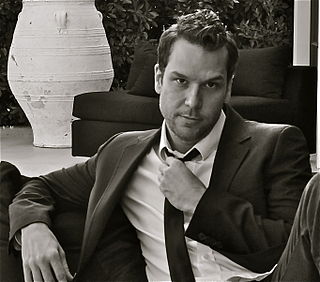A Quote by Michel de Montaigne
The vulgar and common esteem is seldom happy in hitting right; and I am much mistaken if, amongst the writings of my time, the worst are not those which have most gained the popular applause.
Related Quotes
It is an error common to many to take the character of mankind from the worst and basest amongst them; whereas, as an excellent writer has observed, nothing should be esteemed as characteristical, of a species but what is to be found amongst the best and the most perfect individuals of that species.
But the most common species of love is that which first arises from beauty, and afterwards diffuses itself into kindness and into the bodily appetite. Kindness or esteem, and the appetite to generation, are too remote to unite easily together. The one is, perhaps, the most refined passion of the soul; the other the most gross and vulgar. The love of beauty is placed in a just medium betwixt them, and partakes of both their natures: From whence it proceeds, that it is so singularly fitted to produce both.
Comedy crowds - we always want to come out and ask you, 'How you feeling?' We always say that, 'By a round of applause, how do you feel?' Right? 'By a round of applause, how you feeling?' It's the only place in the world that you judge how you're feeling by a round of applause... There's never like a car accident, people all over the ground, people running over - 'Ma'am! Ma'am! By a round of applause, how do you feel? By a round of applause - she's not clapping!
The Bible is a collection of writings by lots of different people written over maybe a thousand years, from a number of centuries before Jesus to a century after Jesus. I often like to refer to it as "the Scriptures" to make that point about it being lots of writings that were originally separate. What these writings have in common is that "the Old Testament" is writings that grabbed the Jewish people; writings that convinced them that they were God's word to them. And "the New Testament" is writings that grabbed people who believed in Jesus in the same way.










































